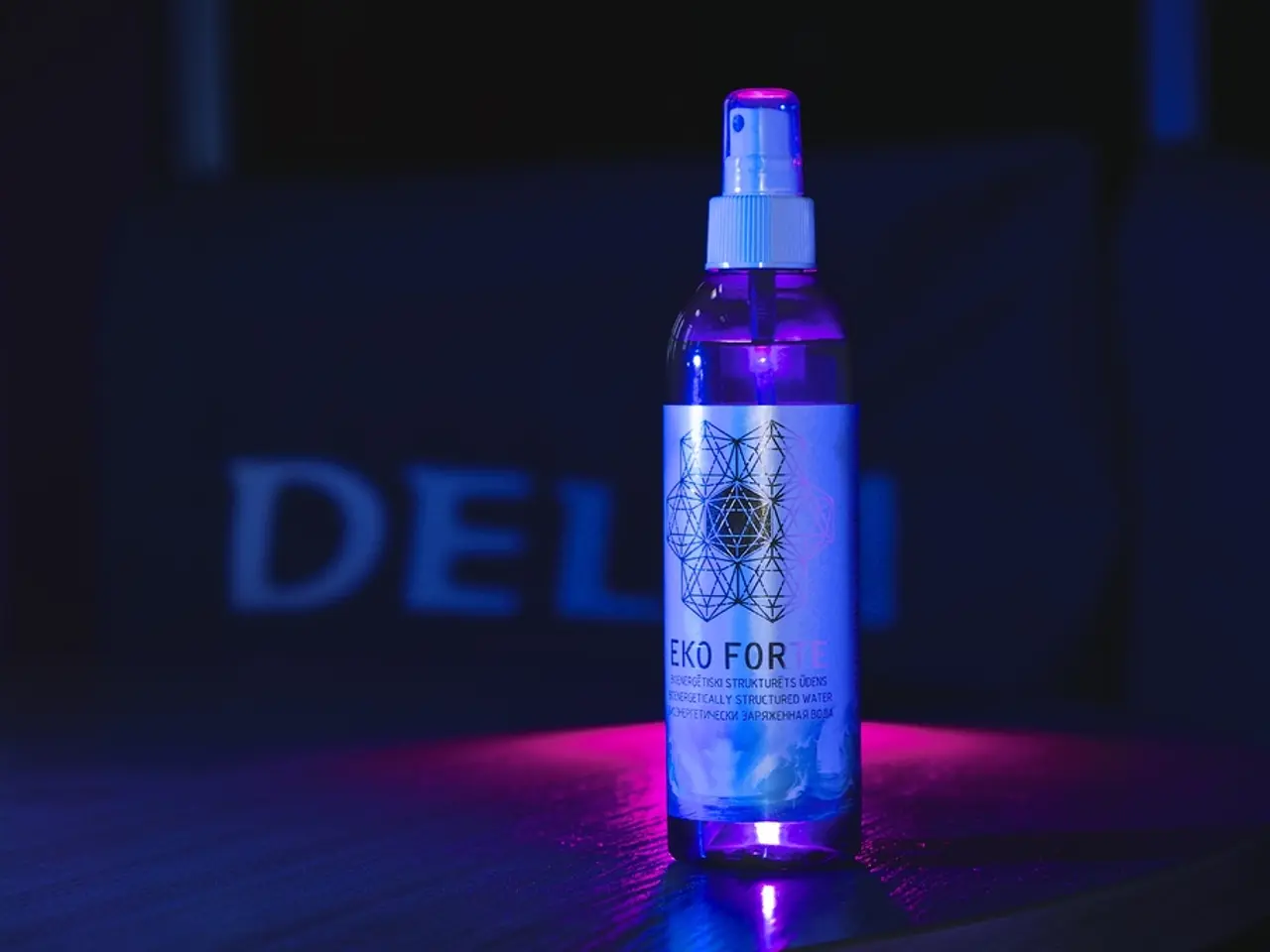Preventing the Solar Exposure to Betacarotene
In recent times, beta-carotene capsules have been marketed as a natural solution for sun protection and promoting a gentle tan. However, a closer examination reveals a more complex picture.
Angela Clausen of the North Rhine-Westphalia consumer center has stated that beta-carotene, a plant pigment found in carrots, spinach, and apricots, can indeed accumulate in the skin. This accumulation may give the body a certain tan, but it should not be relied upon as a sole source of sun protection.
The European Food Safety Authority (EFSA) and the German Federal Institute for Risk Assessment (BfR) have supported this finding, stating that the effect of beta-carotene as a sun protection is at most minor. Only a few small studies have shown a positive effect, and these involved participants taking at least 20 milligrams daily for at least ten weeks.
Unfortunately, many sun capsules available on the market do not warn about the risks associated with high intake of beta-carotene or provide information about the insufficient protection they offer. Out of 23 capsules examined by consumer advocates, only 9 mention that they are not sufficient as sun protection.
Moreover, high intake of beta-carotene through dietary supplements can pose risks, particularly for smokers. According to the North Rhine-Westphalia consumer center, high doses of beta-carotene supplements have been linked to an increased risk of lung cancer in smokers. The specific risks are not provided, but it is advisable for smokers to avoid high doses of beta-carotene supplements.
On the other hand, beta-carotene is a precursor to vitamin A, which is important for various processes in the body, such as vision and cell formation. It also supports healthy skin regeneration and protects against sun damage and aging.
In conclusion, while beta-carotene capsules may offer some sun protection benefits, they should not be relied upon as a sole source of protection. For comprehensive sun protection, one should continue to apply sunscreen with an SPF to exposed skin. Moderate intake or dietary sources of beta-carotene are safer alternatives for overall health benefits. It is also crucial to be aware of the potential risks associated with high intake, particularly for smokers.
- Science has revealed that while beta-carotene, a key nutrient in carrots, spinach, and apricots, can accumulate in the skin to give a tan, it should not be solely depended upon for sun protection due to its limited efficacy.
- In the field of health-and-wellness, it is important to note that high intake of beta-carotene through supplements can pose significant risks, particularly for smokers, who have been linked to an increased risk of lung cancer with high doses of these supplements.
- In the realm of skin-care and nutrition, it is prudent to understand that while beta-carotene is a precursor to vitamin A, essential for processes like vision and cell formation, and supports healthy skin regeneration, it should be consumed moderately to avoid any potential risks and to reap its full benefits.




